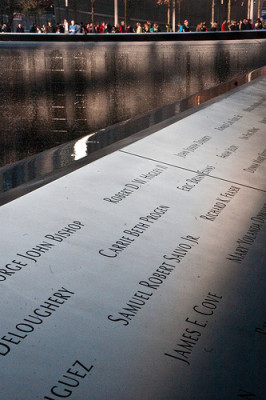Assuming violence
On July 6, 2013, the Asiana Airlines flight took a turn for the worst when the plane crash landed at the International Airport in San Francisco, California. My immediate response after hearing the news of the tragedy? Terrorism.
Although the crash was simply a mishap of the pilot and in fact not an act of terrorism, my first judgment of the situation is only indicative of how my generation views acts of violence.
After all, we are the generation who has now grown up in the shadow of September 11th, and our experience of terror at home is not like anything other generations have experienced. We have learned, that terrible things can happen anywhere and that the “terrorists” motive can often be unfathomable. That’s how terror works.
The 9/11 attacks were deemed the most important influence shaping the attitudes and beliefs of the millennial generation in a 2009 survey of young people between the ages of 18-29, conducted by the Center for American Progress.
“Who would have thought that someone was planning to end so many lives at the Boston marathon,” senior Marriam Hassan said. “This event was not only horrifying but it was shocking to see how even a teenager could cause so much pain.”
And yet here we are. Tragedy after tragedy sparks the issue of security, gun control and national defense. Yet time after time the pressure to reform the system dies down after months of gridlock. Instead of living in fear, we should be twisting the scenario we have been involuntarily placed in and make it a positive lesson we can look back on.
So sure, not only has growing up with the reminder that we are living a very different relationship with terror helped us be more cautious, it also became the moment when we realized that there were people out there who hated us for no apparent reason and it was the moment we realized how uncertain life could really be.


